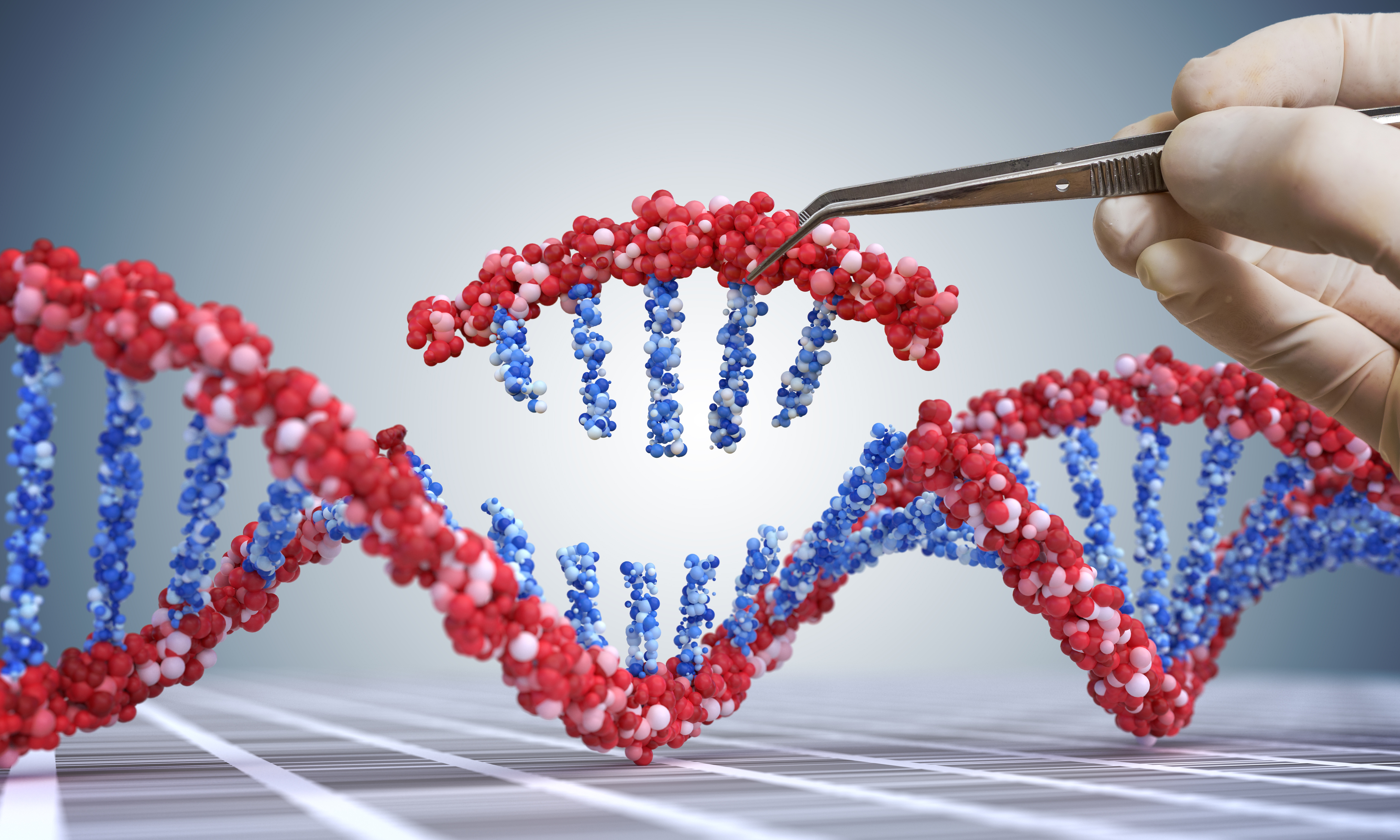China bans clinical research in germline genome editing as ‘irresponsible’
By Alcott Wei,
South China Morning Post
| 07. 13. 2024
China has banned all clinical research involving germline genome editing under a newly released ethics guideline.
Germline gene engineering relates to altering the DNA in sperm, eggs or early embryos to introduce changes that can be inherited.
“Any clinical research involving germline genome editing is irresponsible and not permitted,” according to the Ethical Guideline for Human Genome Editing Research, released earlier this week by China’s Ministry of Science and Technology.
The guideline marks the latest effort from China to tighten ethics reviews and regulations after bioscientist He Jiankui shocked the world in 2018 with the announcement that he had created twin gene-edited babies to make them less vulnerable to HIV/Aids.
“Only when benefits, risks and alternative options are fully understood and weighed, when issues of safety and efficacy are addressed, broad social consensus is reached and rigorous evaluation is conducted, could clinical research be considered with strict supervision in place,” the guideline adds.
It also strictly prohibits the use of genome editing research on germ cells, fertilised eggs, or human embryos for reproductive purposes.
“The potential detrimental impacts and risks...
Related Articles
By Steve Rose, The Guardian | 01.28.2026
Ed Zitron, EZPR.com; Experience Summit stage;
Web Summit 2024 via Wikipedia Commons licensed under CC by 2.0
If some time in an entirely possible future they come to make a movie about “how the AI bubble burst”, Ed Zitron will...
By Arthur Lazarus, MedPage Today | 01.23.2026
A growing body of contemporary research and reporting exposes how old ideas can find new life when repurposed within modern systems of medicine, technology, and public policy. Over the last decade, several trends have converged:
- The rise of polygenic scoring...
By Daphne O. Martschenko and Julia E. H. Brown, Hastings Bioethics Forum | 01.14.2026
There is growing concern that falling fertility rates will lead to economic and demographic catastrophe. The social and political movement known as pronatalism looks to combat depopulation by encouraging people to have as many children as possible. But not just...
By Josie Ensor, The Times | 12.09.2025
A fertility start-up that promises to screen embryos to give would-be parents their “best baby” has come under fire for a “misuse of science”.
Nucleus Genomics describes its mission as “IVF for genetic optimisation”, offering advanced embryo testing that allows...




